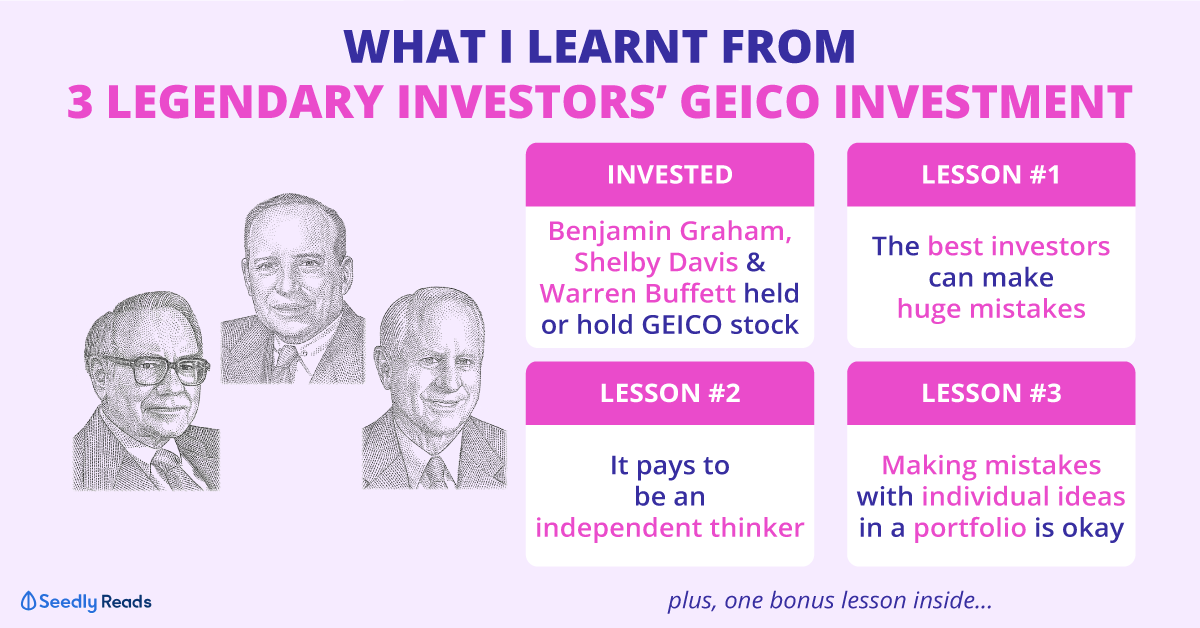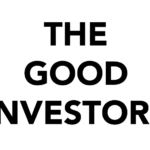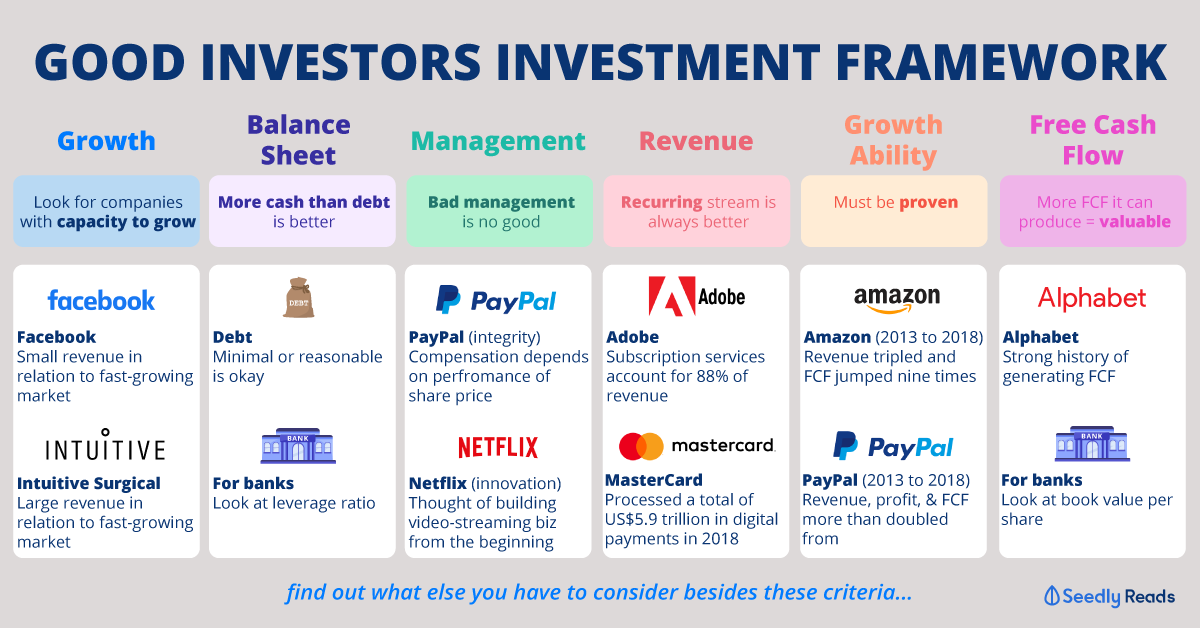Advertisement
Most active investors do not beat the index. Why do so many people still do stock picking? Even if one has spare time to do active investing, shouldn't he still invest passively?
Most active investors fail to beat passive investing (STI, S&P, etc) in the long run.
Active investing will incur a huge amount of brokerage fees which will eat into the profit significantly too.
9
Discussion (9)
Learn how to style your text
Reply
Save
Lim Boon Tat
30 Jul 2020
Mathematics at Cambridge University
Throwing in a slightly different view here - i know this piece of info "most active investors do not beat the index" has been bandied around a lot, but i'm not sure i believe it. I have not done extensive research on how the advice is derived but here's some thoughts:
(1) most of the time this piece of info is promoted by people who have something to sell you (e.g. fund managers, index funds, insurance agents). Try walking into a barber and asking if you need a haircut.
(2) The reality is that almost by definition (and almost mathematically), it will be highly unlikely and improbable that 50% of active investors beat the index (and 50% of active investors lose to the index). Imagine an alternate scenario: what if right now 30% of active investors beat the index - what happens? More money will flood into active funds, more fund managers will spring out, and the ratio will shift again.
(2) In reality, EVEN if you buy index funds, you cannot beat the market - investment/brokerage fees eat into your returns, and if you're based in certain countries - taxes eat into your returns as well.
(3) I suspect the data is derived from "fund managers" - while it's probably true that 80% of fund managers DO NOT beat the market, i dont see why individual investors should be deterred by this data. As individuals managing our own portfolios, you have no "boss" to report to on a monthly basis, you dont have to scared that your investors will start withdrawing money, you dont have to chase ridiculous returns in the fear that you will look bad if other funds do better, you can invest in small-cap companies etc etc. As smallish individual investors (say <100M), we have advantages and less constraints.
Happy to hear further views on this.
Reply
Save
It is difficult to have unbiased data, however it is well known that even those 'star' managers who ...
Read 1 other comments with a Seedly account
You will also enjoy exclusive benefits and get access to members only features.
Sign up or login with an email here
Write your thoughts
Related Articles
Related Posts
Related Products

Moomoo Singapore
4.7
487 Reviews
From $0
MINIMUM FEE
0.03%
TRADING FEES
Custodian
STOCK HOLDING TYPE

Saxo Markets
4.5
961 Reviews

Syfe Trade
4.9
130 Reviews
Related Posts
Advertisement









Hey there!
It helps to understand the reason why people make losses through active investing. A part of it is due to the emotional aspects of investing in many retail investors, as well as herd instinct.
Active investing isn't necessarily bad. In fact, holding long term may mean in the midst of volatility, you are incurring opportunity losses. The rhythm of market movement sometimes do mean you can buy back stocks at prices that you entered previously; purely holding it may mean that the opportunity costs incurred.
Of course this does require good study of the market, gauging world events to speculate how the market moves and the industry trends.
For the level headed and objective, it is possible to still profit through active investing. Volatility can be your friend, if you rule out the emotional aspects in your investment. Financial planning is an integral part of life. You can reach me here to find out more.